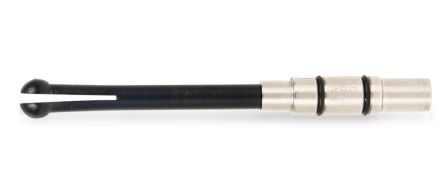Aircraft are composed of numerous pieces of aluminum attached together using thousands of fasteners. Many of these fastener holes must be carefully inspected to help ensure there are no cracks. Eddy current (EC) rotary scanner technology is commonly used in the aerospace industry for this type of crack detection.
Many of the eddy current flaw detectors used today require a certain amount of filter adjustment to attain a clear signal. Operators may not fully understand the importance of filters for scanner operation and the adjustment required during operations.
Filter adjustment is often overlooked during bolt inspections. It can take a lot of trial and error to obtain the proper high-pass and low-pass filter settings. Further, if the scan speed changes, these filter settings may not result in the optimal signal and introduce unwanted noise. An operator’s skill level, as well as the differences between the instruments used during inspection, can greatly vary the results.
Perform Easy and Consistent Rotary Bolt Hole Inspections
The NORTEC™ 600 eddy current flaw detector offers a solution to the time issues and consistency problems commonly experienced with fastener and bolt hole inspection. The advanced features of this EC flaw detector make it easy to use and help with filter adjustment.
The NORTEC 600 flaw detector has an application selection menu that includes a predefined factory setting for bolt hole inspection. All the parameters needed to obtain clear signals and the desired figure 6 or figure 8 signal shape can be selected without any manual filter adjustment. Using these preset filter settings provides consistent results between operators, so skill level is less of a factor. In addition, the instrument is equipped with a LINK function that automatically adjusts the filter settings if the scan speed changes.
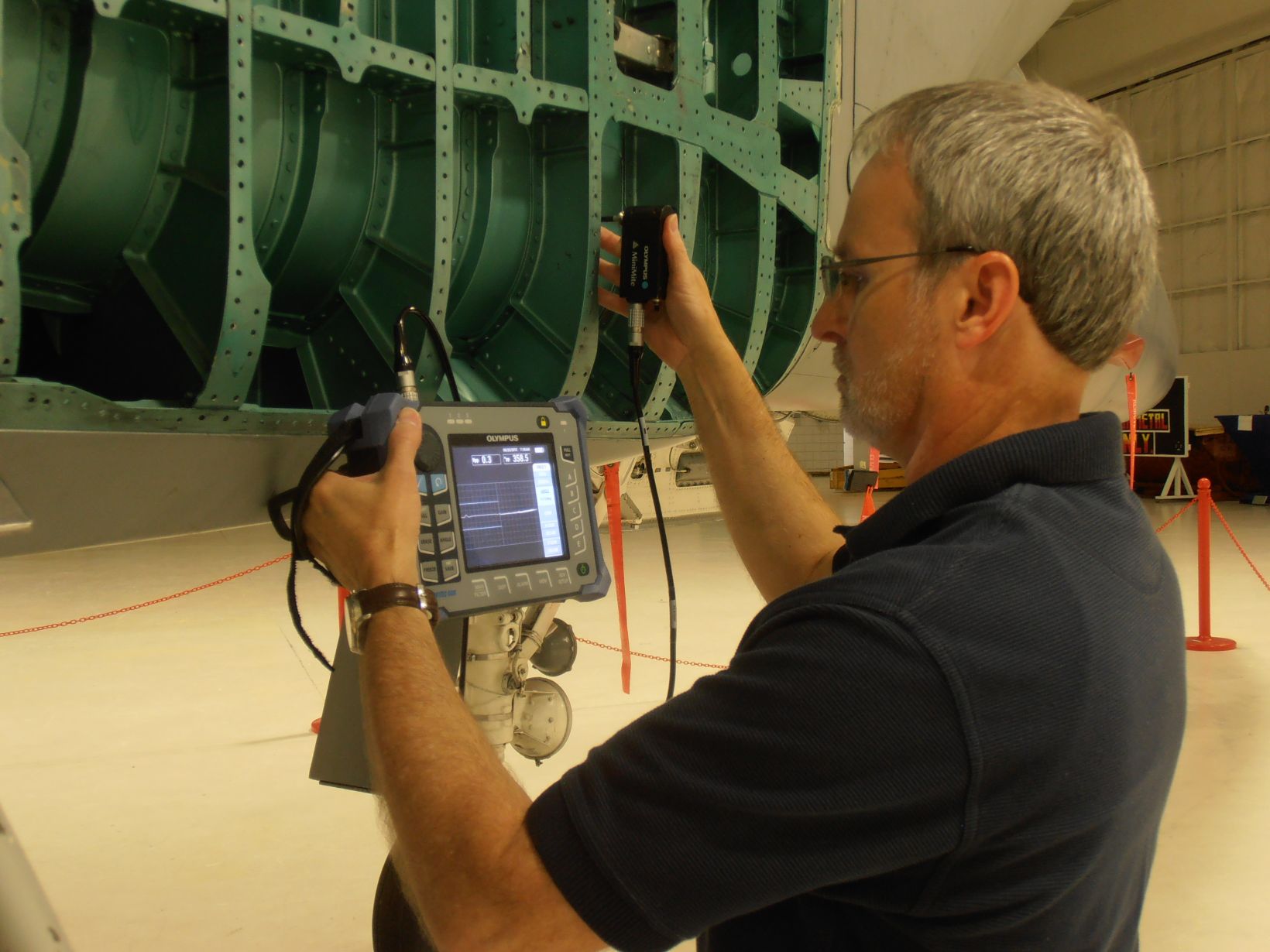 | 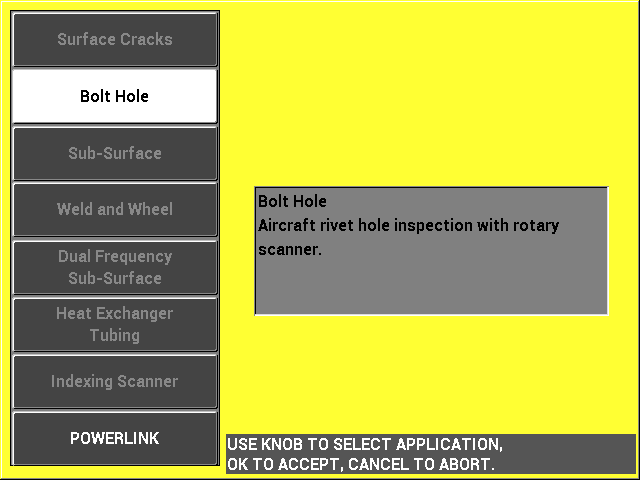 |
The application selection menu of the NORTEC 600 flaw detector loads predefined customer-recommended and carefully considered factory settings for each application.
The Bolt Hole application preset eliminates the need for manual filter adjustment.
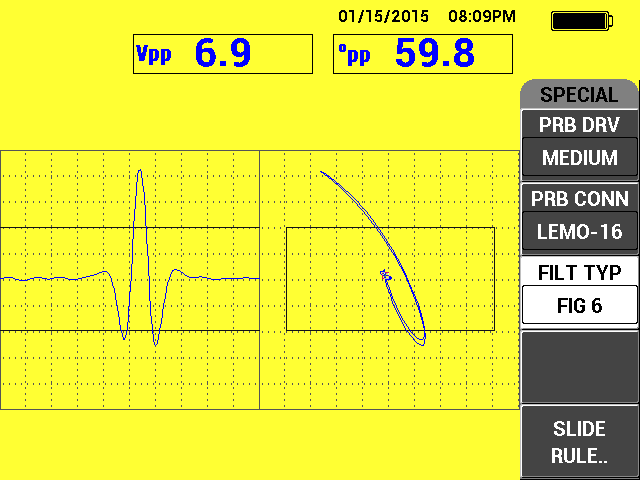 The figure 6 filter response. | 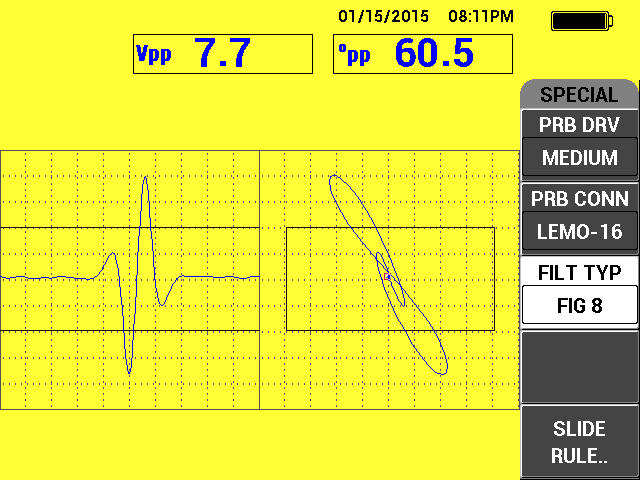 The Figure 8 filter response. |
In the aircraft structure and engine industries, two different signal types are used and recognized. They are commonly referred to as “figure six” and “figure eight” because of how they appear in the instrument’s impedance plane. With the NORTEC 600 flaw detector, the FIG 6 and FIG 8 preset filters provide consistent signals, without any adjustment.
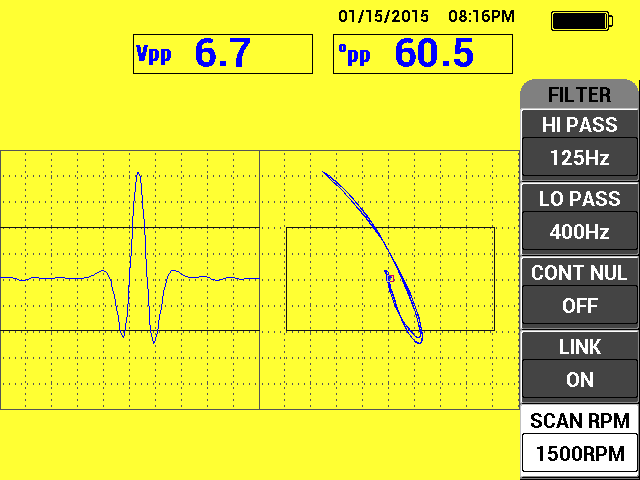 | 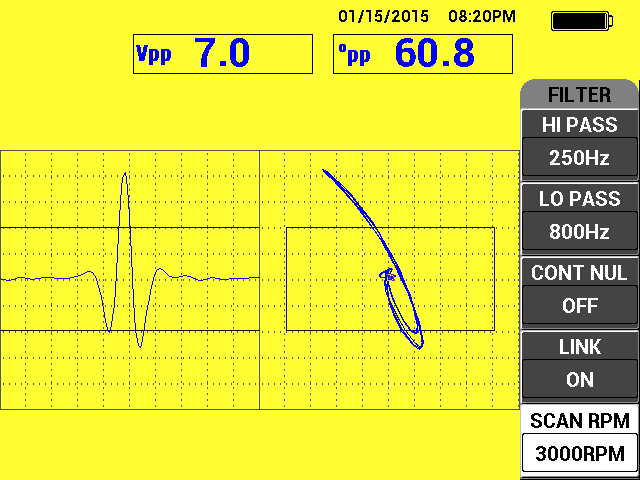 |
These (l to r) screen captures illustrate how, when the RPM speed changes, the LINK function automatically adjusts the HI PASS and LO PASS filters without any significant signal change.
Key Benefits
|
|

